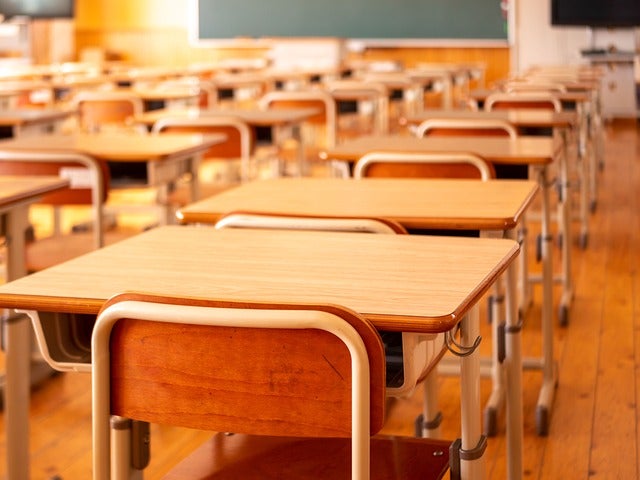Charter school project deemed infeasible
Published 11:50 am Tuesday, October 20, 2015
What’s the latest on the Moton Museum’s Southside Virginia Regional Charter School project?
In 2012 the government-funded Moton Museum’s Southside Virginia Regional Charter School Project was deemed infeasible — an action that stopped the project in its tracks.
There hasn’t been any activity since, according to Justin Reid, the Moton Museum’s associate director of operations.
He said that after meeting with division superintendents in the area, none of them believed their school boards would be open to the idea of authorizing a charter school.
“We closed out the grant without using up the entire
amount of funding,” said Reid. According to Reid, the awarded grant was geared towards research and exploratory efforts.
He said that a compromise agreement resulted in a lab school being developed between schools in Charlotte County and Mecklenburg counties and Longwood University.
According to a 2010 press release from then-Congressman Tom Perriello, “The Moton Museum’s Southside Virginia Regional Charter School project is eligible for $159,103 per year for the next three years through the U.S. Department of Education’s Public Charter Schools Program. The project will help rural communities apply educational best practices developed by traditionally urban charter schools in order to provide even more high-quality educational options in Southside Virginia.”
“Because our statute allows for up to 18 months of planning, we provided $1 in continuation funding in 2011, so their total award was $159,104,” said Jo Ann Webb, a spokeswoman for the U.S. Department of Education. “However, no additional funds were awarded, and the grant was closed out at the end of the second year because activities could not continue.”
“Their first year award of $159,103 was for planning; the two subsequent year awards would have been for implementation once the charter was received and the school opened,” Webb said.
According to a 2013 Longwood press release, “lab schools are operated in conjunction with a university, and used for teacher training, educational research and experimenting with new methods.”
Typically these are single schools operated on or near a college campus and built specifically for observation and data collection, according to the release.





